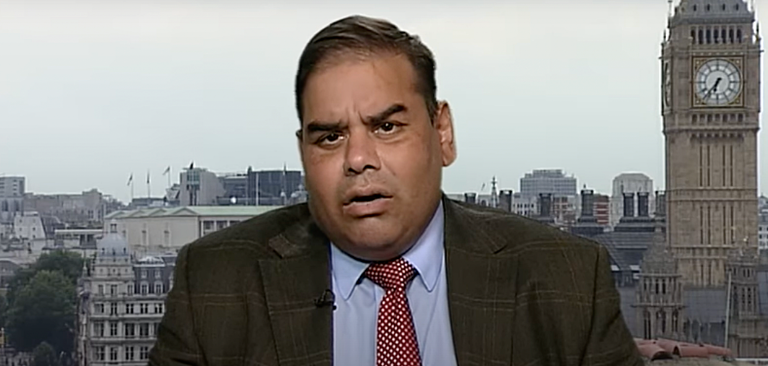The UK MP and Shadow Defense Minister for procurement, Khalid Mahmood, has said that there is rampant “misinformation” going around in the country and wants it silenced.
Mahmood joins the league of several other politicians in wanting to censor what they deem to be misinformation. Speaking at the Speaking during the Westminster Forum Conference, he also added that “misinformation about politicians” was also being widely shared and that responsibility “is totally negated from platforms where someone can put whatever they want and move forward.”
He also added that politicians needed to deal with how social media platforms are going to censor people’s conversations on social media. Considering the fact that the UK government is already planning on heavily regulating the online social media landscape with its Online Harms Bill, claims from politicians such as Mahmood asking for even stringent monitoring seems to hint at a gloomy future for free speech online.
Pointing out to the fact that online profiles cannot always be traced down immediately and online platforms would also need time to deal with such issues, the UK MP further suggested that the problem needed to be tackled before it got too late.
Politicians on one end are calling out social media and online platforms for not tackling what they think is misinformation successfully. Stakeholders of online platforms, in return, are commenting that there needs to be a stronger legislation in place to implement the kind of measures politicians are aiming at, and almost no one is speaking up for free expression.
Head of public policy, Google UK, Katie O’Donovan, for instance, said that there was a need for increased regulation and legislation around online speech. “So you cannot regulate words and sentences, you have to understand the context of how they were made, and ask what is the context and hyperbole and is it a threat made to an individual or a group of people?” O’Donovan also added that social media platforms could not always wait for regulations to be passed and are therefore already taking whatever steps were needed.
The editor of the Trending and Anti-Disinformation Unit at publicly-funded BBC News, Michael Wendling, said that there would be a massive wave of what they think is “misinformation” surrounding COVID-19 vaccination and the effectiveness of the measures deployed by social media platforms would play a key role in the number of people who are going to opt for vaccination.
At a juncture where there’s growing public pushback and dissent against lockdowns and, to a lesser extent, vaccinations for varying reasons, deeming every critical stance or opinion as misinformation seems to have become the new normal for the UK government.













